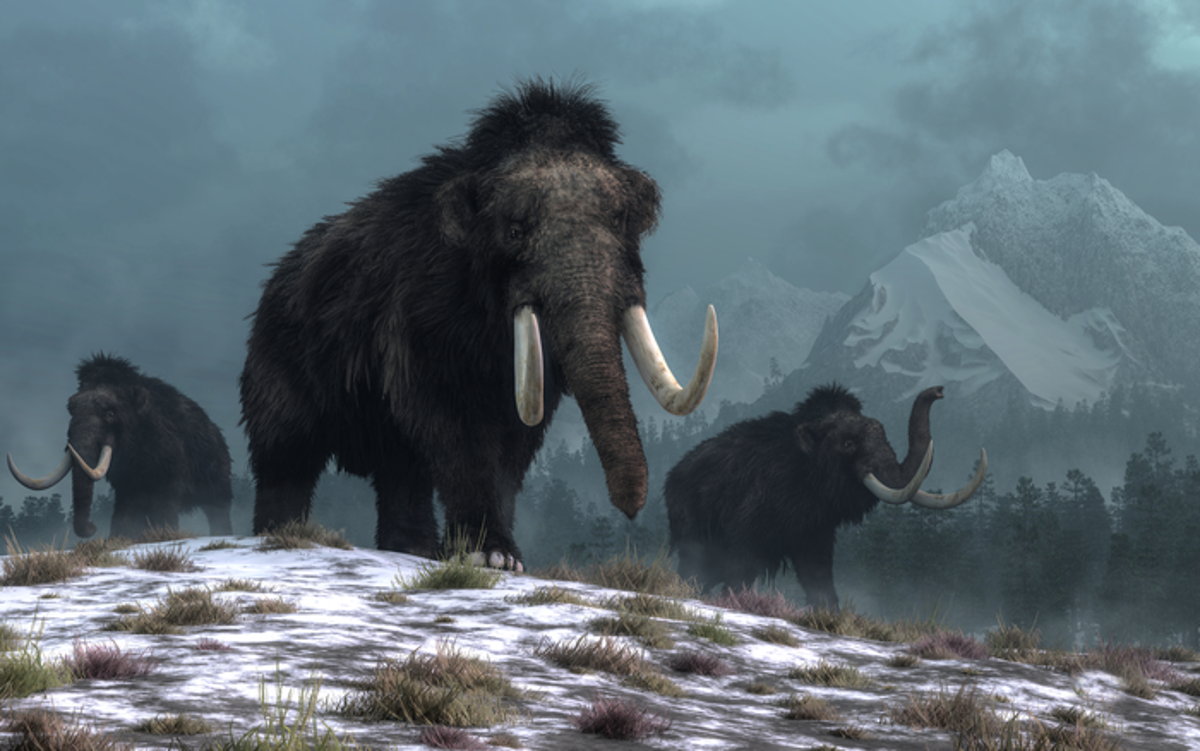- Total News Sources
- 1
- Left
- 1
- Center
- 0
- Right
- 0
- Unrated
- 0
- Last Updated
- 540 days ago
- Bias Distribution
- 100% Left


Woolly mammoth DNA
Researchers from Baylor College of Medicine have successfully reconstructed the complete DNA genome of a woolly mammoth from a skin sample preserved in Siberia for 52,000 years. The groundbreaking study utilized a technique called Hi-C, allowing scientists to visualize the three-dimensional arrangement of chromosomes, which had never been done before with ancient DNA. This research provides insights into the genes responsible for traits such as wooliness, revealing active and inactive genes in the mammoth's skin cells prior to its death. The findings underline the potential to understand extinction events and the biology of ancient species, with implications for future conservation efforts. Additionally, the stable, glass-like state of the preserved DNA emphasizes the remarkable preservation conditions the specimen endured. This discovery could pave the way for further studies of extinct animals and enhance our understanding of their ecological roles.

- Total News Sources
- 1
- Left
- 1
- Center
- 0
- Right
- 0
- Unrated
- 0
- Last Updated
- 540 days ago
- Bias Distribution
- 100% Left
Stay in the know
Get the latest news, exclusive insights, and curated content delivered straight to your inbox.

Gift Subscriptions
The perfect gift for understanding
news from all angles.
